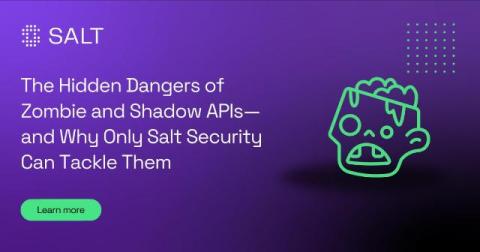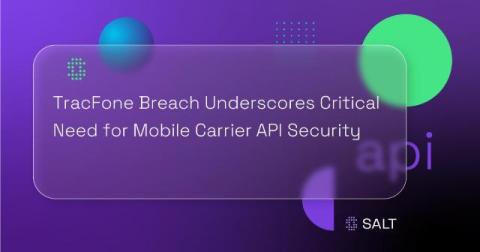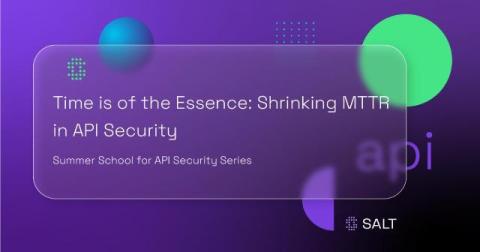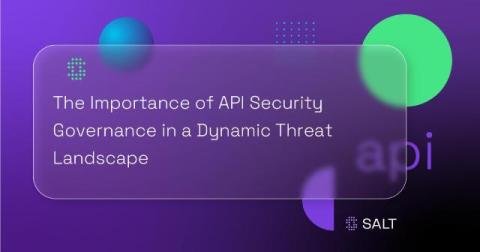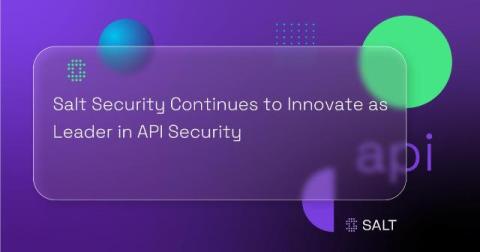Mastering API Compliance in a Regulated World
As we continue our Summer School blog series, let's focus on a vital aspect of modern application security: the relationship between API posture governance, API security, and the constantly changing regulatory compliance landscape. In today's interconnected world, where APIs are crucial for digital interactions, organizations are challenged with securing their APIs while complying with complex regulations designed to protect sensitive data and critical infrastructure.



